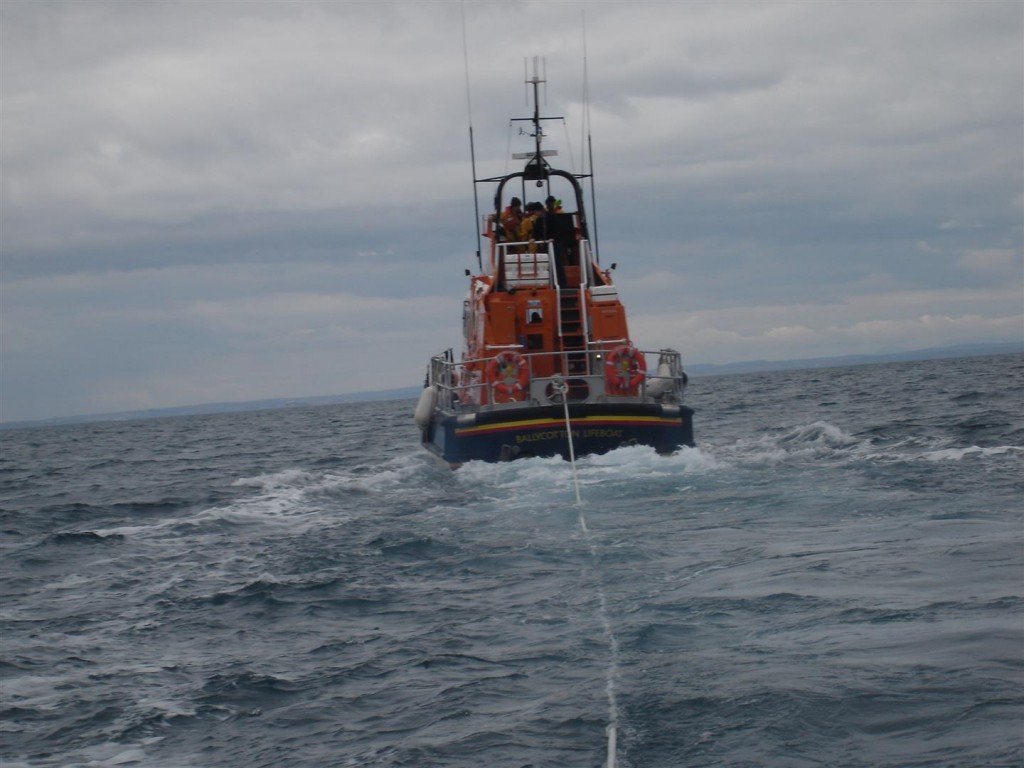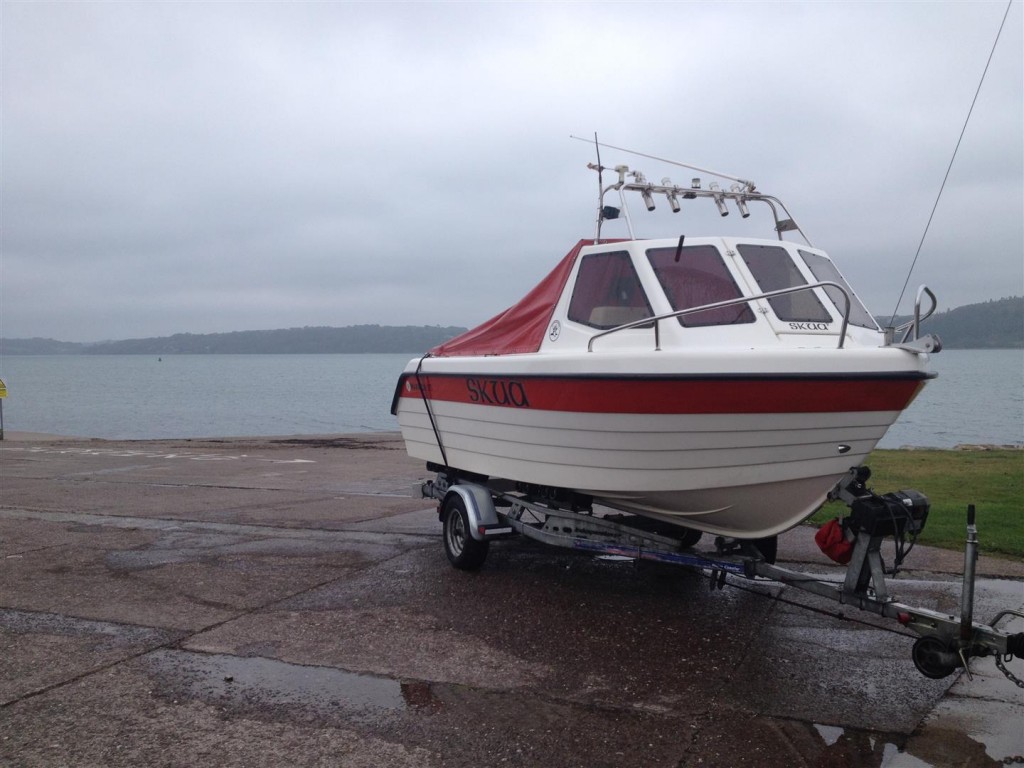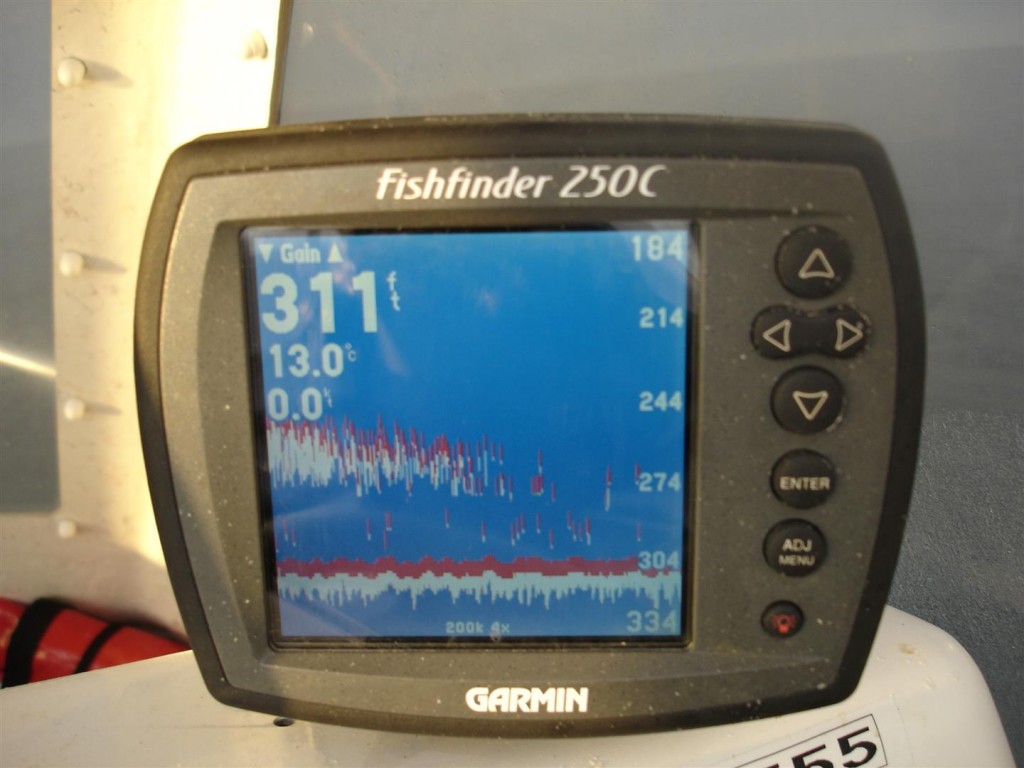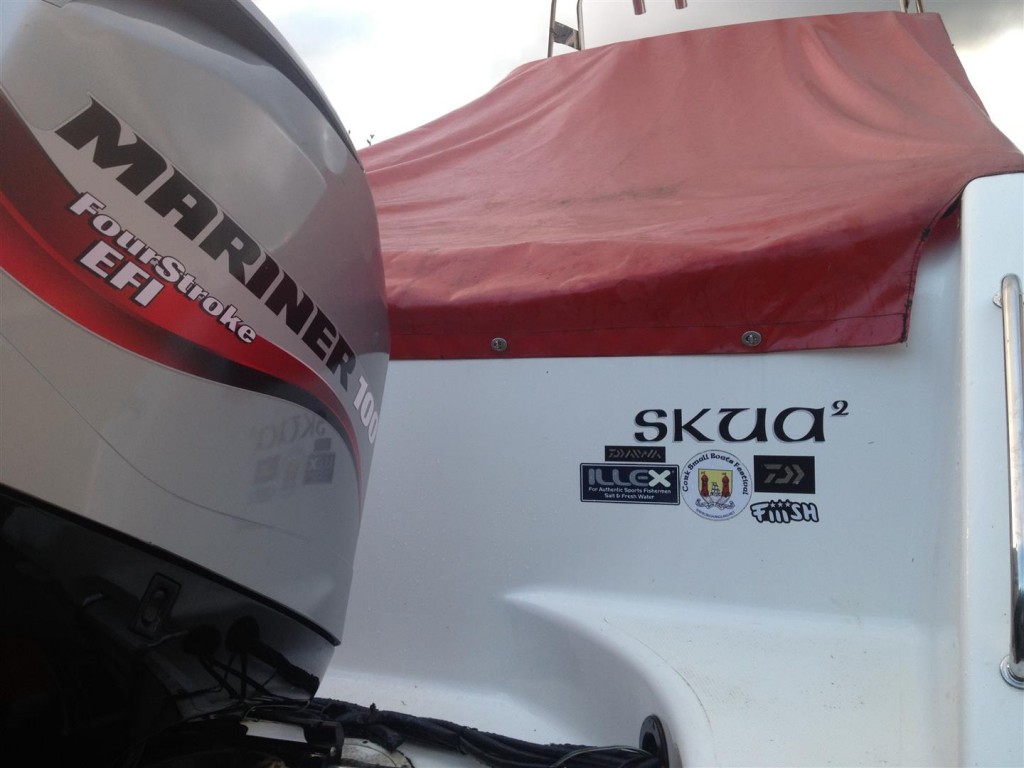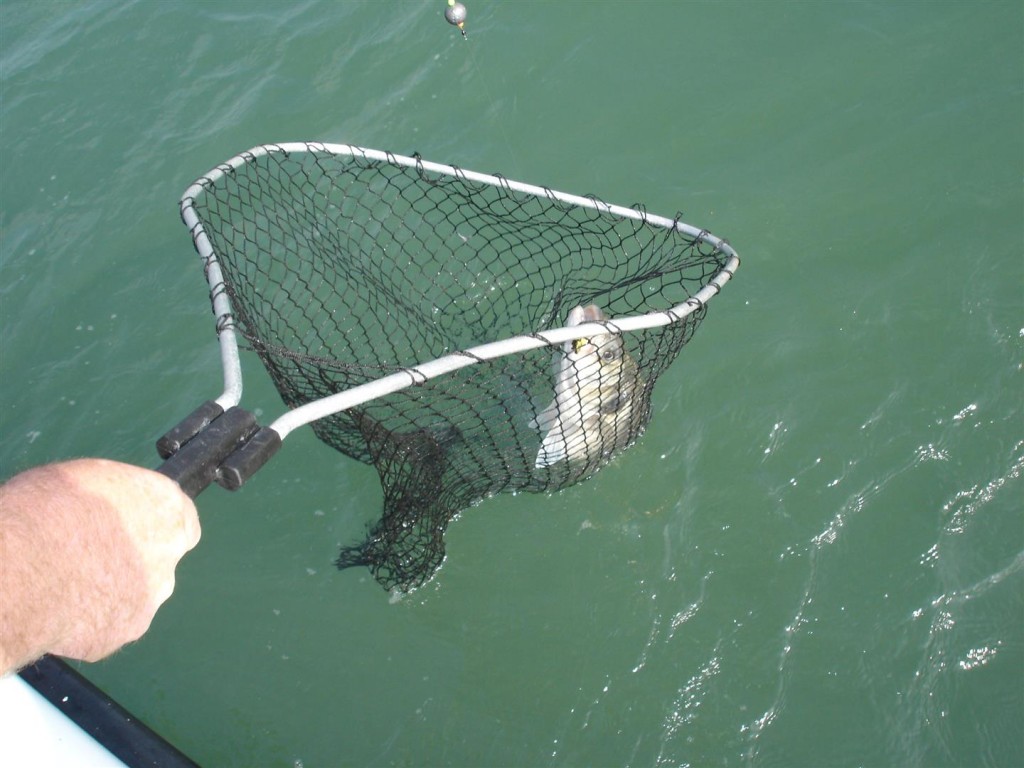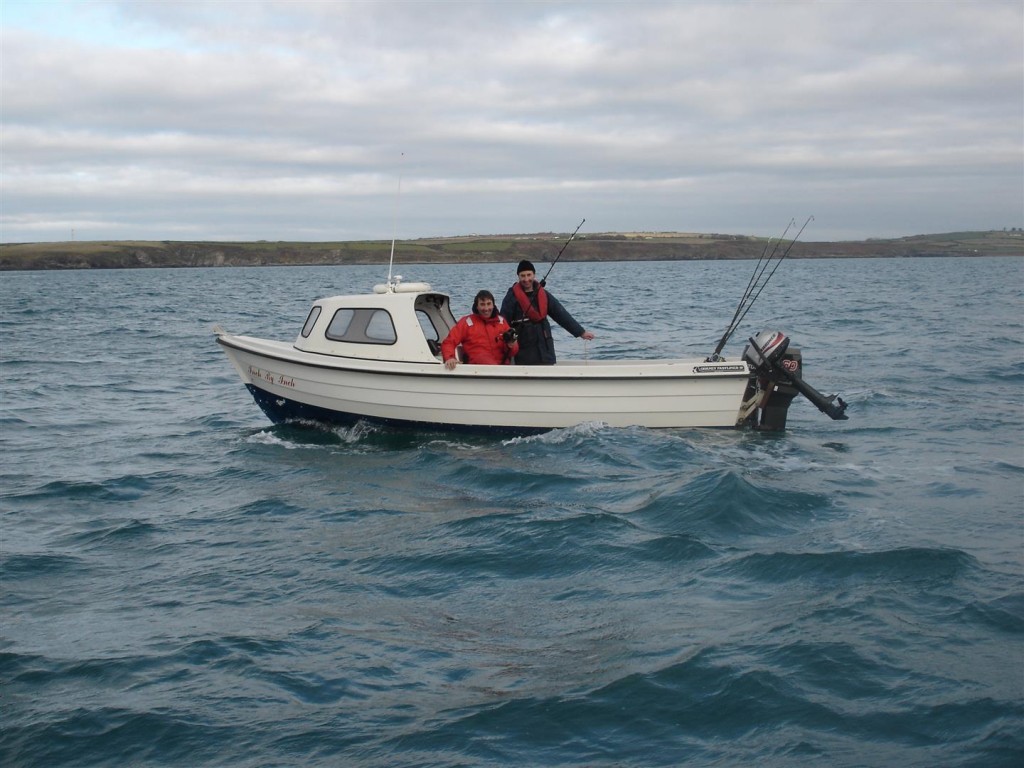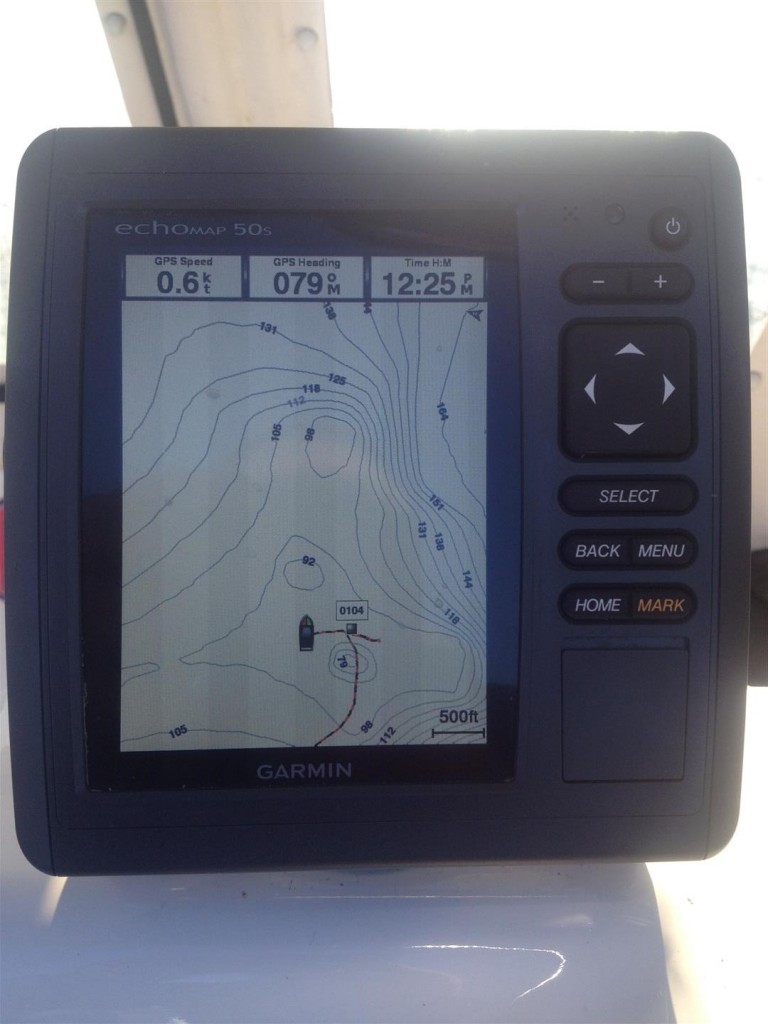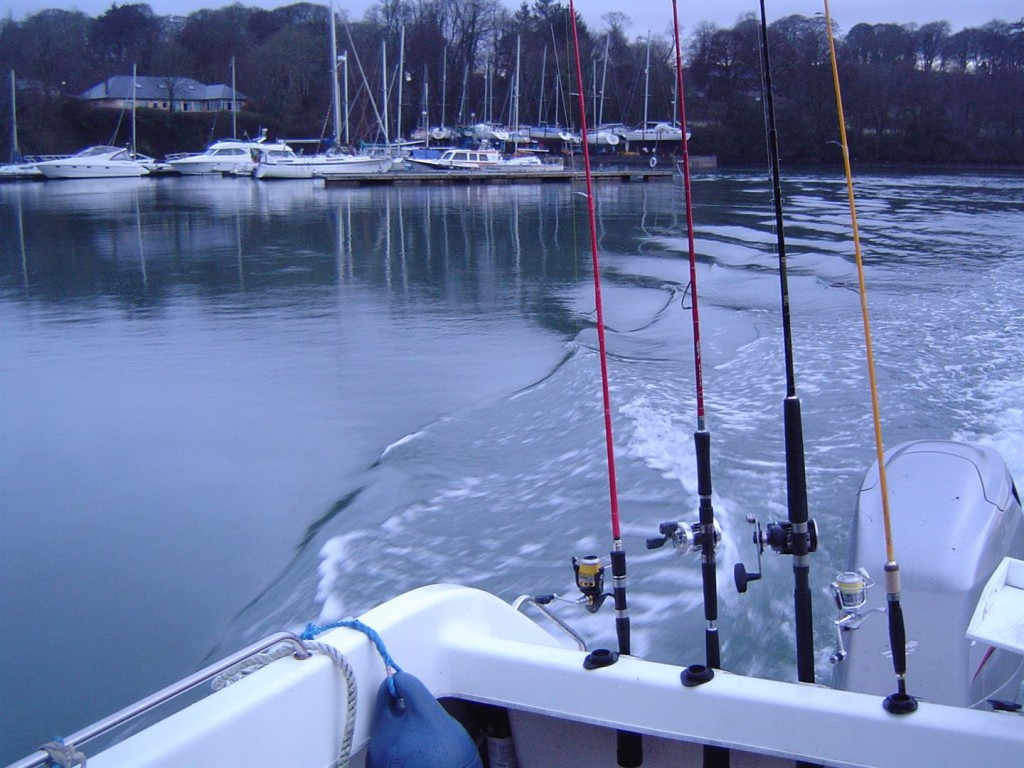Happy days are here again! Getting to and back from the sea is a major part or any trip. Getting it right every time takes a system. Get ready for the launch!
It’s only nearly all about the fishing.
Had a shock recently when I heard that a friend had an accident. He was in a collision between a car and motorbike. Unfortunately my friend was riding the motorbike. As we speak he is starting a long journey to recovery and things are fairly serious. Bikes were a major hobby of this man. He enjoyed the freedom, enjoyed the thrill, enjoyed the organisation and the care that goes in to successful bike riding.
Anything that involves a motor carries risk! Most of us would not categorise our boat angling addiction as a dangerous high adrenalin sport. In fact, most of us take it purely for granted. Its only when you have a guest onboard and you look at the look of awe (or fear!) on their face that you begin to realise that the game is a serious one. Motors carry risk but when you add water to the mix it can be a recipe for disaster or a recipe for the greatest days of your life. To get the most enjoyment at an acceptable risk level it is important that the combination of factors are attended to for each and every trip.
If there is one variable that we cannot control it is weather. We are at the mercy of professionals who play a game of hocus pocus with powerful computers!
I have been at the game for a good few years now and I pride myself on getting the conditions right more often than we get them wrong. I have taken the decision to cancel a wrecking trip while on the way out. I have often headed home despondent at the poor forecast but happy that we made the safest call. With a Warrior 175 it comes down to more of what your body will take more than what the boat will handle. The conditions on a given day could mean that the drifting conditions could be marginal; the drift just might be too brisk. On wrecks this can result in horrendous tackle losses and having to use so much weight as to spoil the fishing pleasure. If the drift proves to be very brisk then we can always anchor the wreck even though early in the season drifting is the better option: covering ground to maximise the fishing. Making a call to cut a day short is a tough one, especially if your crew have travelled some distance to go fishing. All that said you need to cut out the “bravado” that can get you into trouble. “We a men, we are tough, we can take the big sea”.
I like a good post mortem! There is nothing like supping a pint after a day’s fishing where we can sit down and review our trip. Getting things right is great. Noticing things that could improve is important. It has come up in discussion about the amount of times you forget something when going fishing. We are all I agreement that there is only one thing worse than forgetting some piece of equipment and that is having something fail on you when you are on the water.
I tend to be clear on the matter: “if you have a usual crew then everybody on the team should have jobs to do. If you are a skipper bringing a guest fishing then the responsibility is yours to ensure that everything is correct.” Over the years, through many incidents and omissions, I have tried to eliminate the most common mistakes. I have done this by following the same procedure each time we launch. While everybody has different situations, moored or trailering, towing or driving to the marina the importance of a list and system is self evident.
The List
It all begins either the night before or on the day of the launch. I load the boat with any gear that is removed after each trip. The electronics are fitted and tested. My electronics are stored in a padded case and includes, GPS, Sounder, VHF radio and digital scales. The single case for our electronics was purchased the day after we forgot the GPS! We load the tackle boxes and the selected rods for the trip ensuring that the correct rods for the fishing plan are loaded. Little point having the shark gear when the quarry is bass! The bait for the trip is prepared and packed. We will usually pack frozen bait in a cooler box and fresh worms or crabs are stored away from heat and possible contamination from either water or fuel. We began to store the bait this way after we drowned a dozen crabs in petrol one day! While fleeces and layers are down to the individual, the wet gear is loaded as part of the list. I decide on the wet gear required depending on the forecast and the boat I am fishing on: Bib ’n Brace or breathable chesties, neoprene chesties or wellies; whichever is required a pair of each is loaded along with the lifejackets. That one cold wet afternoon without my jacket was enough to make a grown man cry! If the trip demands extra fuel then the spare jerry cans are loaded at this stage for filling up at the garage. Food is never left to chance. If not loaded at this stage we put the food onboard as soon as we leave the shop. Excitement soon wears off as the thoughts of the sandwich sitting forgotten in the wagon takes over! Skua is nearly ready to rock.
You must remember we are only loading bits that have been removed after the last trip. The standard items are all on board: The first-aid kit, extinguisher, flares, anchor, ropes, retrieval buoy, tool kit, jump leads, spare battery, priest, knives, sharpener, spare fold-up anchor, deck scrub, buckets, sponges, rags, wax for windscreen, specimen fish list, fish ID book, leads, shads, booms, landing net, cable ties, carbine clips, t-bar, spare bung, drinks and the kitchen sink. We are also assuming that the routine maintenance items are covered: Engine serviced and greased. Steering greased, throttle greased, water trap checked and drained, batteries charged and checked, navigation lights working, lifejackets serviced, flares in date (or close!), swivel seats and locks greased.
The tow.
Once hitched to the jeep, before setting off, a quick once around the combination is important to ensure that all is in ship shape. The boat should be secured to the trailer with strong ratchet straps. If possible have the straps angled towards the bow as this will give extra security in the event of the front strap becoming loose. Never rely on the winch strap to hold the bow of the boat secure. A safety rope braided to the winch post and a strong carbine clip will give added security should the boat slide towards the rear of the trailer. Remember boats are designed to slide off their trailers! The forces at work as you drive along the road are considerable, ask anybody who has lost control of their combination with an uncontrolled weave down the road, a buttock tightening experience! I like to ensure that the trailer brake-away cable is free to operate and make sure that the safety chain is correctly seated beneath the ball hitch. While we do not use our handbrake while parked (the brakes will tend to bind and tear the lining off the shoes so chocks are handier), make sure that the lever is in the down position before pulling off. Our last piece of equipment to be loaded is our “on-road” tool kit. This is a comprehensive kit of spanners and kit to enable us to replace a set of bearings on the road if necessary. We also carry a manual winch should the trusty and faultless-to-date electric Superwinch decide to give up the ghost.
The Gardai are being ever more stringent on lights so it is best to check that they are all working. LED lamps take the pain out of trailer lamps. A point to note if you are stopped is that you can be fined for not having lights working, however if you check your lights before setting off then you cannot be fined if one blows on the road, so remember “ they were fine when I set off Officer!”. Ensure that your engine is trimmed up high enough. I am not sure of the legal requirements of a propeller bag in Ireland but if you have one you might as well use it, especially on a long tow! Remember here we are assuming that all the usual maintenance functions are taken care of: Wheel bearings checked, hubs greased, brakes adjusted, hitch greased and spare wheel pumped.
On the road.
If I am on a long tow will stop after a few miles and we will take a walk around the boat. A quick feel of the hubs will point any possible bearing or brake trouble if they are running hot. A quick check on the tension of the ratchet straps and you are on the road again. Many people are unaware that the speed limit for towing on the open road is fifty miles an hour. While this is way too fast on many roads it is very easy to exceed the limit on dual carriageways. The quality of modern trailers combined with the power of modern jeeps make it all more likely to happen. It is worth remembering that reactive brakes as fitted to most boat trailers are not the most efficient so keep plenty distance between you and vehicle in font. A ton of boat will push most jeeps around not to mention someone’s granny in a Nissan Micra.
The slipway:
All small boat users whether they are anglers, day-trippers or divers should be made attend the launch and retrieve phase of the Cork Small Boats Festival! What would they see here? Thirty small boats will launch three abreast down the slipway. Boats will only reverse down the slipway when they are ready to launch. Vehicles will be parked in a considerate and orderly fashion. All of this is done with consideration for other users and all boats will launch within twenty minutes. The retrieve is nearly more impressive. The good natured professionalism on display here is worth the admission and it never fails to leave a mark on everybody who sees the complex ballet in action. Once we arrive on the slipway we remove our straps and lighting board. While at the rear of the boat removing the light board we fit the bung. Like most boats our bung is external. A forgotten bung on a 175 will only mean that the fish hold will fill up so it is not as serious as other makes. I remember having to retrieve our Orkney after forgetting to fit the bung; it is a maddening if sobering experience. We never undo the front safety rope until the boat is in the water waiting for a push off the trailer. As we back down the slipway the engine is put into full up trim. When I reach the waters edge I will undo the safety and the winch hook. A quick shout of “Bung”? & “Ready”? and I will either push the boat off the trailer or shunt it off using a quick stop of the jeep. As soon as Skua is on the water we vacate the slip as quickly as possible and park up with due consideration for those coming afterwards. The actual launch should take mere minutes of “slipway time”. The retrieve goes to a similar plan. No hogging the slipway until the trailer is at the waters edge. On wide slipways use all the available space and keep to one side. There is nothing in the rule book to say you must be in the middle of the slipway! Remember this: if you are fishing a competition appearance is everything! A slick performance on the slipway intimidates the competition! Be confident on the slipway and the “day trippers” tend to steer clear. If conditions are calm at the slipway then hold the boat on the slipway and bring the trailer to the boat. In snotty conditions with crosswinds it may be better to drive the boat to the trailer. Practice this carefully as gel coat repair is hard to get perfect! When we arrive back on dry land we will always make a call to whoever we have told about our plans, normally one of the wives, just to say we are back on terra firma and in one piece. I have seen some guys do this about two hours after touching down and four pints later! “Yeah! Just back now love!, sure I might go for one!”. The timing is your call but the call is important.
Your system will depend on many things: The situation of your boat, the crew you have travelling with you and their experience. A steady crew should operate like a well oiled machine, everyone knowing what’s to be done and doing it. If you are fishing with less experienced crew you must take charge of the situation. Be sure to delegate jobs to everybody but be sure that they know exactly what they are supposed to do and when. Check to be sure the job is done right and the vessel is in ship shape. The bottom line here is that the skipper is the one responsible for the safety of the vessel and the people on board; and that’s on land or sea. Write out your system, make the list, to suit yourself and follow it each time, don’t get too stressed when things go wrong, as the can and will, but cure the problem so it is never an issue again. The last item on any list should be “This is fishing, the best thing anybody can be doing with their time, enjoy it!” Oh yes, don’t forget the fishing plan….

